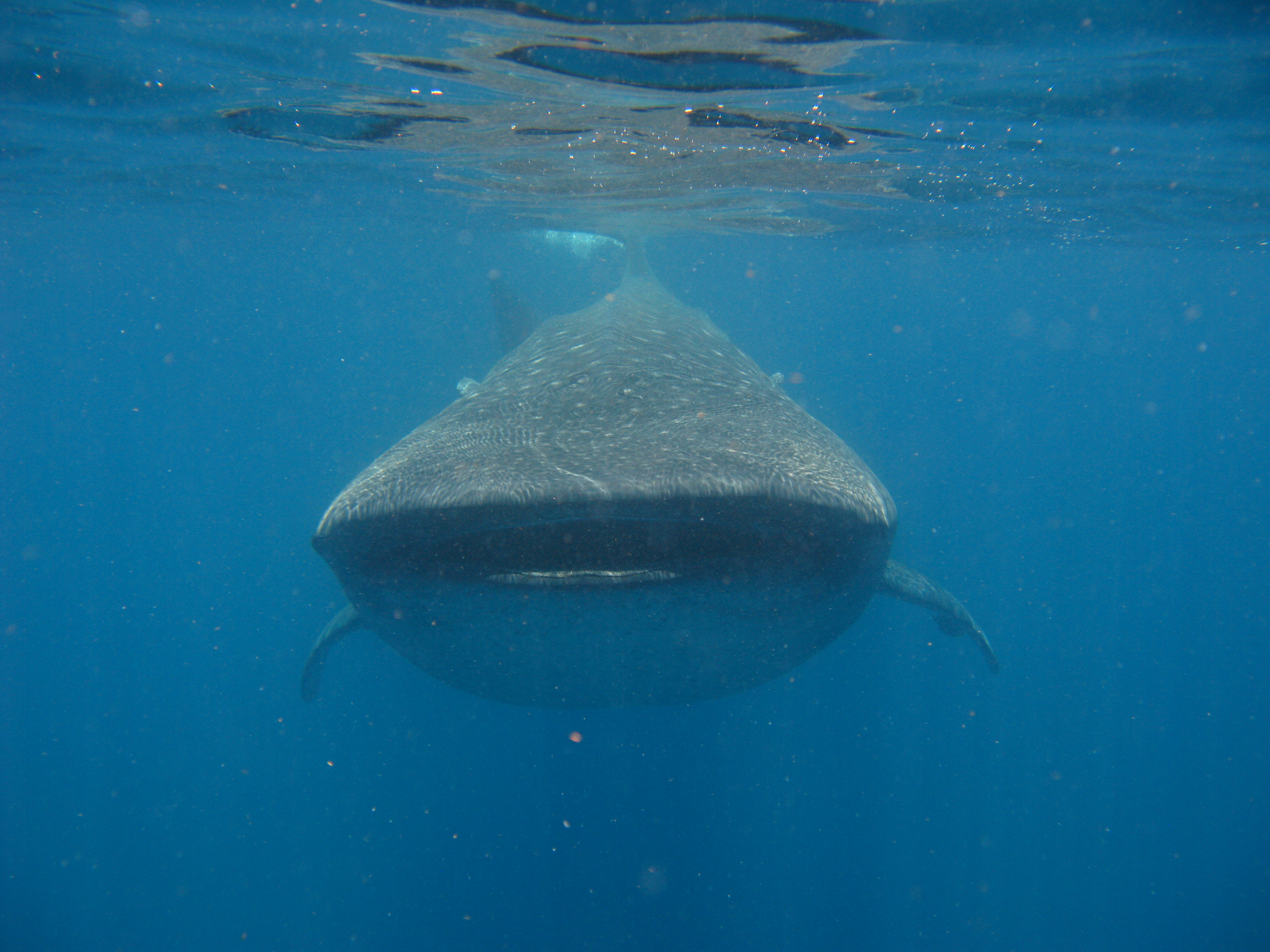Genome of World's Largest Shark to Be Sequenced

Get the world’s most fascinating discoveries delivered straight to your inbox.
You are now subscribed
Your newsletter sign-up was successful
Want to add more newsletters?

Delivered Daily
Daily Newsletter
Sign up for the latest discoveries, groundbreaking research and fascinating breakthroughs that impact you and the wider world direct to your inbox.

Once a week
Life's Little Mysteries
Feed your curiosity with an exclusive mystery every week, solved with science and delivered direct to your inbox before it's seen anywhere else.

Once a week
How It Works
Sign up to our free science & technology newsletter for your weekly fix of fascinating articles, quick quizzes, amazing images, and more

Delivered daily
Space.com Newsletter
Breaking space news, the latest updates on rocket launches, skywatching events and more!

Once a month
Watch This Space
Sign up to our monthly entertainment newsletter to keep up with all our coverage of the latest sci-fi and space movies, tv shows, games and books.

Once a week
Night Sky This Week
Discover this week's must-see night sky events, moon phases, and stunning astrophotos. Sign up for our skywatching newsletter and explore the universe with us!
Join the club
Get full access to premium articles, exclusive features and a growing list of member rewards.
The whale shark is a creature of many mysteries. Now, researchers hope to answer a few by sequencing the complete genome of the world's largest fish.
Researchers at Emory University and the Georgia Aquarium are working to create a complete library of whale shark DNA, sequencing the genomes of the aquarium's captive sharks, which come from Taiwan, and comparing them with wild whale sharks in Mexico.
"Mapping the genome is like an encyclopedia of life — it gives scientists the ability to ask questions," study leader Tim Read of Emory said in a statement. "In the architecture of the genome, it's a bit like archeology. We can see the history of the whale shark in its tissue."
The genome sequencing project will take months to complete, but when it's done, researchers hope it will help them answer questions about the whale sharks' little-understood lifestyle. No one knows, for example, what genes are responsible for the whale shark's enormous size, which can top out at 40 feet (12 meters) long. The study may also help researchers understand where the giant filter feeders fit into the entire family of sharks, according to the Georgia Aquarium.
In addition to sequencing the animal's genome, other groups of scientists hope to study some odd behaviors to find answers to whale-shark questions. An odd feeding frenzy in the waters off the Yucatan Peninsula has long puzzled marine scientists. Every year for the past few years, the blue, plankton-rich waters have become an all-you-can-eat haven for hundreds of giant whale sharks, an annual event known as "afuera."
Observations there have already shed light on the sharks' eating habits: The afuera occurs where a type of tuna called the little tunny spawns. The whale sharks scoop up the eggs that rise to the water's surface, researchers say.
You can follow LiveScience senior writer Stephanie Pappas on Twitter @sipappas.
Get the world’s most fascinating discoveries delivered straight to your inbox.

Stephanie Pappas is a contributing writer for Live Science, covering topics ranging from geoscience to archaeology to the human brain and behavior. She was previously a senior writer for Live Science but is now a freelancer based in Denver, Colorado, and regularly contributes to Scientific American and The Monitor, the monthly magazine of the American Psychological Association. Stephanie received a bachelor's degree in psychology from the University of South Carolina and a graduate certificate in science communication from the University of California, Santa Cruz.
 Live Science Plus
Live Science Plus










